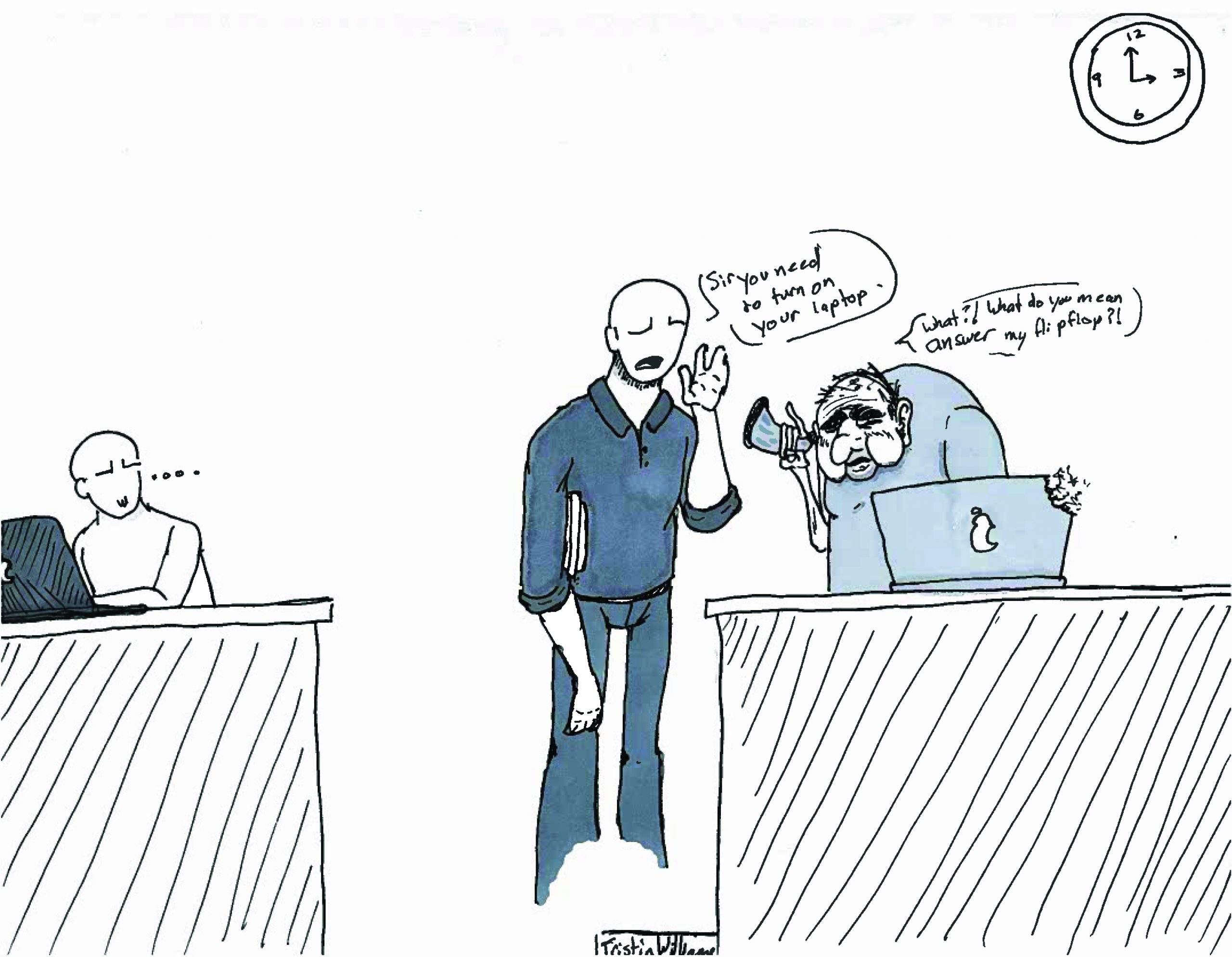Raul Alonzo / Web editor
As 2013 comes to a close, the country once again finds itself in the throngs of Election Season, with numerous positions up for grabs, including the governor’s seat in Texas. For many outside the political mainstream, in the immortal words of Ned Stark, “Winter is coming.”
All political will, at this point, seems oriented toward the ballot box — that sacred altar that has become the heraldic standard of all aspirations toward fulfilling the promises of a people’s democracy. “Winter,” at this point, denotes the general apathy toward any more direct objectives outside of this narrow process.
The dissatisfaction surrounding this view is one seeped in an aversion toward the idolatry surrounding the politicians seeking office. Perhaps these are the rantings of a pessimist, but to see so many pour forth their energies into candidates who seem to ultimately cater to outside interests.
This sort of idolatry only serves to distract those who have all the energy and will to organize, but have had that energy concentrated to endless means. I recently came across the Turn Texas Blue store, for example. Though it featured the standard fare of short, clever little slogans capable of being applied to as many throwaway novelties as bumper stickers or coffee mugs, one in particular caught my eye.
It was a sticker for the campaign of state Sen. Wendy Davis, the Texas Democrat seeking her party’s nomination to run for the governor’s office. “Save Us Davis” it read, and ensconced in that was the summation of everything I felt was wrong about ballot-box politics. It was an endorsement of the idea that the problems of society will only be solved by individuals given power, rather than through the collective power of that society as a whole. There is a suggestion within a slogan like that that points to a helplessness in common folk in which we can only throw our aspirations upon “great men (or women)” of history.
There is an interesting correlation between two recent struggles that illustrate this point. They are two of the larger labor uprisings the U.S. has seen in recent years: the pushback against the anti-union measures taken by the Scott Walker governorship in Wisconsin and the strike undertaken by the Chicago Teachers Union in September 2012.
The outpouring of support garnered by the thousands of protesting union members and supporters inspired many who had long considered the labor movement in the U.S. to have been on steep decline and stripped of its teeth by both hostile politicians and complicit union bureaucracy. However, the orientation of the movement went from engaging the base of support on the issues and providing alternatives to what became a fruitless recall campaign to replace Walker with a Democrat with a less-than-stellar record toward unions.
Fast-forward to the CTU strike, a movement against the policies of both Chicago Mayor Rahm Emmanuel, a Democrat fresh from leaving the Obama administration, and against the attacks on public education occurring throughout the nation with the complicity of the president’s “Race to the Top” program.
Unlike the Wisconsin uprising, the CTU engaged in ways with the community that both outlined how the pushback against their movement would be detrimental for the community at large, as well as what their vision of an alternative would be besides the myopic corporate options pushed by both Republicans and Democrats. Though the contract won by the union was not perfect, the strike was still a victory that halted the bullying tactics of the mayor and put forth a vision of an alternative.
The point in comparing these two movements is to illustrate that the constant orienting toward the ballot box are both detrimental to real progress, as well as give credence to a system that ultimately does not do the most good.
The answers should never be the shrug and ask, “What else can we do?” The answer should be to engage in the work of creating change, putting forth an image of an alternative and never waiting for anyone to “save us.”



